
The transition from being a software engineer to managing engineers is not always an easy one. After all, school taught you compiler design, not the principles of business management.
Luckily, the skills needed for being a great engineering manager are best learned on the job, meaning that you can polish them without taking expensive classes.
In this article, we’ve compiled a list of five practical skills every engineering manager should have. When you see what these are, you’ll be able to assess the state of your skills and see if there’s room for improvement.
So, let’s see how you can be an excellent leader to your team.
Table of Contents
Technical abilities
As an engineering manager, you’ll code less than ever, but your technical skills still have to be at a high level.
Maintaining those skills allows you to make better technical decisions and understand the programming challenges your team may encounter.
When you take a look at job advertisements for the engineering management position, you’ll likely notice technical duties among the first responsibilities listed.
For instance, Meta requires their engineering managers to use their skills to provide technical guidance to the team. Here’s an excerpt from a job advertisement there.

Unsurprisingly, the first minimum requirement listed is:
“5+ years of experience architecting, developing, and shipping software products and services.”
People skills are mentioned later, but as you can see, the first prerequisite for the role is being an excellent programmer.
However, if you don’t use a skill, you may lose it over time. This is why it’s vital to continue with self-education, even if your programming skills used to be unparalleled.
The desire for continuous learning is a highly important quality for engineering managers. For instance, Arnab Sen, technical delivery manager at AKQA, claims that learning new technologies motivates him to do his job every day.

In an interview for Developer to Manager, Sen illustrates the importance of staying involved with technology.
Since stakeholders are usually non-technical people, engineering and technical roles have the responsibility of evaluating the viability of business plans, which don’t always go as planned, according to Sen.
“I may find that the development effort has been woefully underestimated, many technical considerations ignored, accompanied with incomplete, unclear, or completely missing business requirements, specifications, and designs.”
Therefore, to be able to lead your team through the project, you have to know everything about its tech requirements.
Project managers, business analysts, and other team members can provide project estimates, but only a skilled engineering manager can ensure the plan is realistic in terms of the project management triangle.
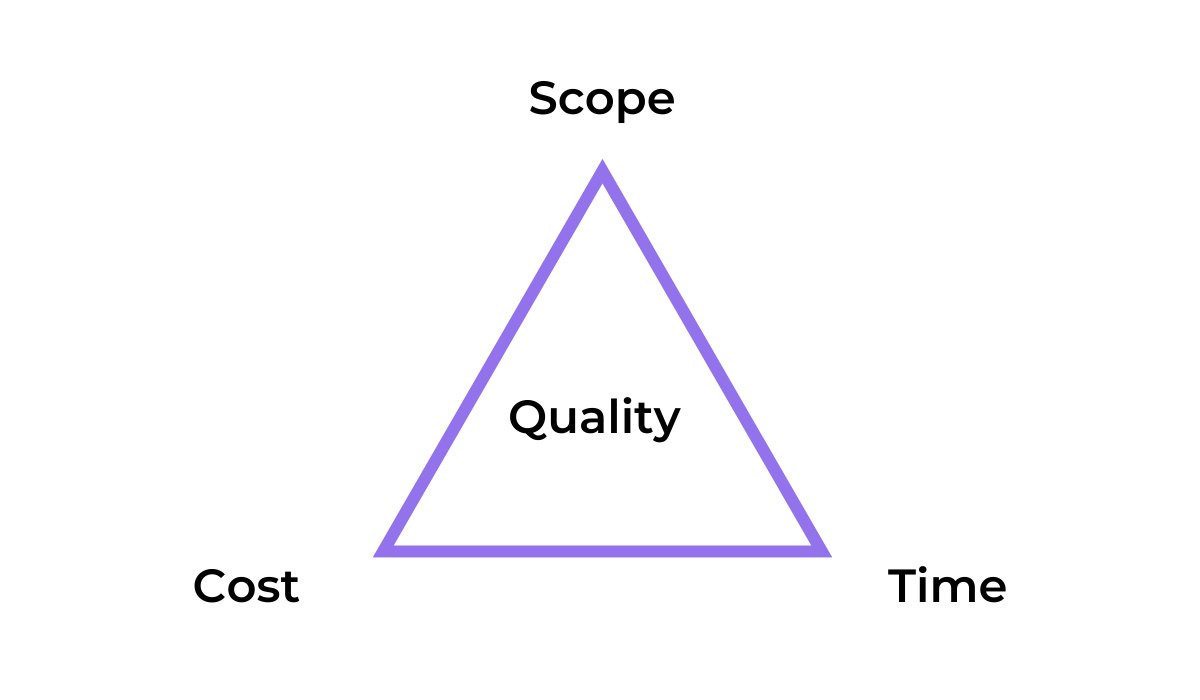
So, before you fully dedicate your time to managing people, try to save some time in a day where you actively work with code, be it with code reviews, reading programming newsletters, or anything else you find suitable.
After all, an engineering manager who is already an expert coder but who still invests in their technical skills is an excellent role model for all developers within the team.
Problem-solving
When you manage a team, you can expect your team members to come to you for guidance, advice, and decisions. Therefore, problem-solving is a must-have skill for all engineering managers.
Problem-solving is not only about making good decisions. It’s also about making good decisions, fast. In 2019, McKinsey surveyed executives and managers to find how effectively they made decisions.
The results have shown that those respondents who had to make lots of decisions had the ability to make the process effective and quick.
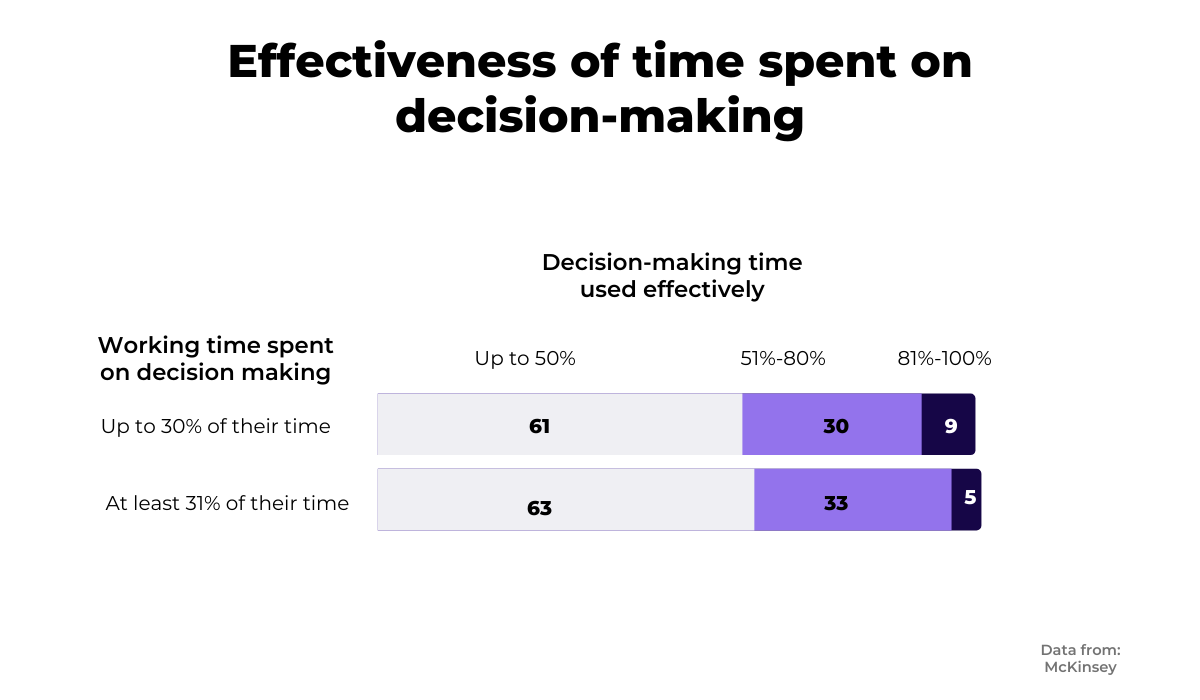
So, the next time a junior developer asks you to help them with a decision, make sure you don’t get lost in the process of reaching the perfect solution. A fast decision is often better than a perfect one.
After all, all team members are capable of solving problems, but managers are there to do that quickly.
If you’re thinking about how the phrase problem-solving skills sounds too vague and abstract to have practical use, we have to remind you that this skill set is highly sought after.

Get unreal data to fix real issues in your app & web.
In fact, most job descriptions for engineering manager positions highlight the importance of knowing how to tackle problems.
Here’s a screenshot of another job ad for this position at Meta. As you can see, problem-solving skills are listed at the beginning of minimum qualifications, right after technical abilities.

Developers turned engineering managers often face the challenge of not being taught how to solve problems; it’s a part of the job they have to figure out on their own.
However, for some developers, it’s precisely the tendency to solve problems that motivates them to become managers. Jeffrey Kesselman, assistant professor of game design, claims that he was successful in engineering management roles due to his ability to solve problems.
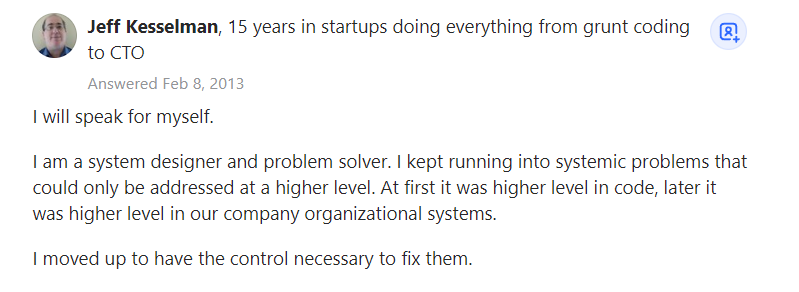
But if solving problems doesn’t come to you as naturally, you shouldn’t worry; this skill is built over time. If you want to speed up the process, there are online courses that can help you.
For instance, this Google’s seminar on developing problem-solving skills was designed for professionals in the software industry, so you could get some helpful insight there.
All in all, engineering managers deal with problem-solving daily. Constantly working on this indispensable skill allows you to guide your team and the product to excellent results.
Project management skills
Shifting from engineering to management requires you to acquire several new sets of skills, one of which is project management. Once you master this area, you’ll be able to see the bigger picture of each project and focus on managing the entire team, not just your tasks.
For this section, we’ll go straight to advice provided by engineering managers talking about what they wish they knew at the beginning of their careers in this position.
First up is Isabel Nyo, a senior engineering manager working at Atlassian since 2018.

Nyo lists project management among the top ten skills engineering managers should have because she finds that a good manager needs to have both technical and organizational expertise.
She is aware that most engineering managers don’t receive formal education in management but doesn’t see that as a problem. According to Nyo, the best way to learn project management is on the job.
“I have a PRINCE2 project management certificate, but I learned so much more on the job than from theories.”
With more and more companies adopting Agile approaches, traditional project management techniques may not be sufficient to position you as a relevant engineering manager.
If this sounds like something you might be interested in learning more about, you could check out Nyo’s agile project management templates.

It’s worth noting that learning project management takes some time, especially if you haven’t dealt with it before.
Gokul Subramanian, engineering manager at Anduril, notes that mastering the management portion of the job is more difficult than the others.
You wrote code in school before handling any engineering challenges professionally. However, according to Subramanian, you don’t get the luxury of training when you shift from a developer to an engineer manager, which is why you have to learn while working.
Here’s what he advises to those wishing to become better engineering managers.
“Be open to new learning and development. Take courses, read books, reach out to mentors and, most of all, be prepared to put in as much effort as you put into becoming a great individual contractor.”
To sum up, you don’t have to return to school to study project management: you can build these skills on the job, using additional resources as scaffolding. Once you do, you’ll have a better understanding of how the team works and how you can manage the project better.
Interpersonal relationship skills
Interpersonal relationships can make or break a team. Your people skills mattered when you were a developer, and now that you’re an engineering manager, they matter even more.
You may have heard about how important it is to maintain rapport within the office. However, Harvard Business Review finds that there are more nuances to that.
The following image shows their analysis of five work relationship categories.
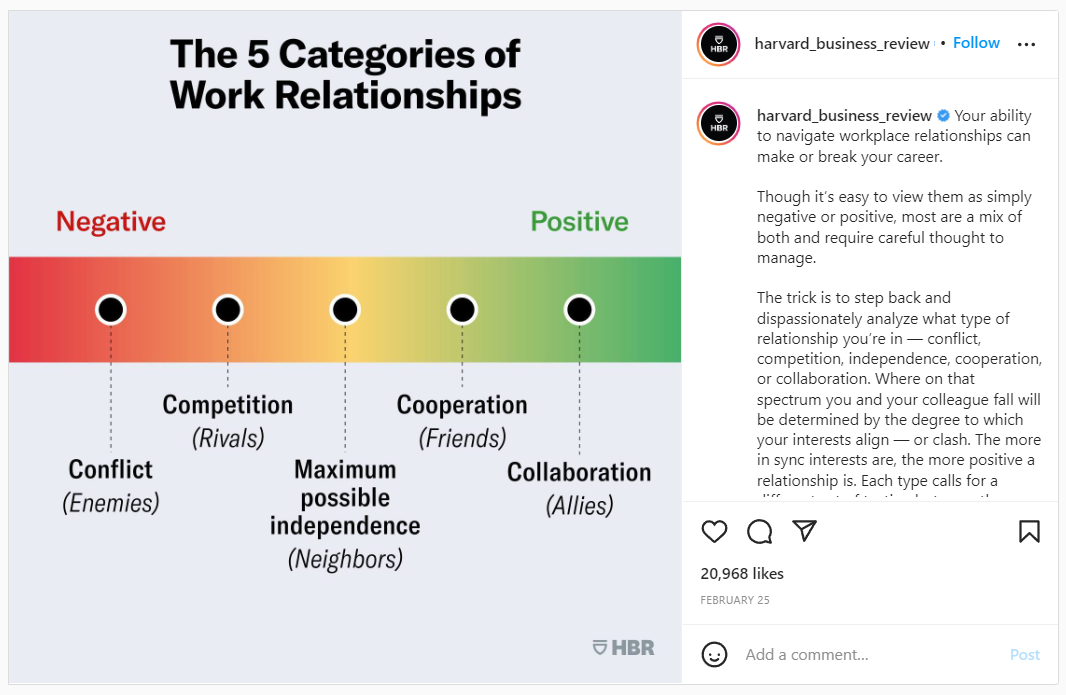
Based on their categorization, positive relationships can range from neighbors, who have good relations but work independently, to allies, who actively collaborate.
As an engineering manager, you have to go above and beyond collaborating with your team members. If you want to support your developers, you have to learn to be approachable.
Failing to do so will result in issues across the team.
According to the engineering mentor Sol Rosenbaum, engineers who lack people skills have a hard time being good leaders.

To upgrade interpersonal skills, Rosenbaum suggests observing the team around you and mimicking other successful managers at the company.
Unfortunately, we can’t improve our interpersonal skills or emotional intelligence with a single Udemy course.
Still, these areas are worth working on, seeing that long-term job success is 75% the result of people skills and only 25% due to technical knowledge.

One way to become better in interpersonal relationships is by managing each of five aspects of emotional intelligence, which are:
- Self-awareness
- Self-regulation
- Motivation
- Empathy
- Social skills
For instance, if a developer reports they’ve crashed the database, a good engineering manager takes a breath before reacting rashly.
Reminding yourself to care about self-regulation will prevent you from making rushed or emotional decisions.
Another valuable tip is to adjust your style of communication to each individual. While junior developers may reach out to you for direction and guidance, seniors will probably prefer having more autonomy.
All things considered, interpersonal skills are not one-size-fits-all. To be an effective engineering manager, you should be mindful of how you approach your team members and how you respond to their actions or questions.
Communication skills
Communication is an area that directly impacts other skills we’ve previously listed. Excellent technical abilities don’t mean much if an engineering manager keeps damaging the work environment with their poor communication practices.
So, if you want to become an effective engineering manager, you should put polishing your communication skills on your to-do list.
In this section, we’ll analyze how engineering managers at Kyruus, a medtech company, use their communication skills to create a positive culture that places them among the top 5% employers.
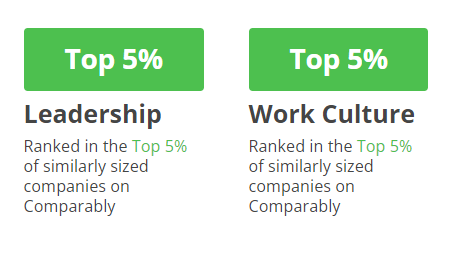
At Kyruus, everything starts with company values. They are largely focused on providing the best experience for all individuals working in the company.
You can see some of those values in the following image.

To see how Kyruus builds their company culture through communication, we’ll take a look at the interview with one of their engineering managers, AJ Jenkins.
In a discussion about advice for engineering managers, Jenkins stated that becoming a careful communicator was his greatest challenge when he first started working in this role because the dynamics between peer engineers and managers are completely different.
One time, Jenkins forgot about his new role and made the mistake of asking engineers the following question:
“Has anyone seen Jenn? I wanted to talk to her about something.”
That would have been a harmless question if it had been asked by one of the developers. However, since the engineering manager asked it, the question immediately got an intimidating connotation.
To be a great communicator, you should remember that wording and the tone matter as much as the content of what you’re saying. Jenkins also advises paying attention to people’s body language to see how your message is received.
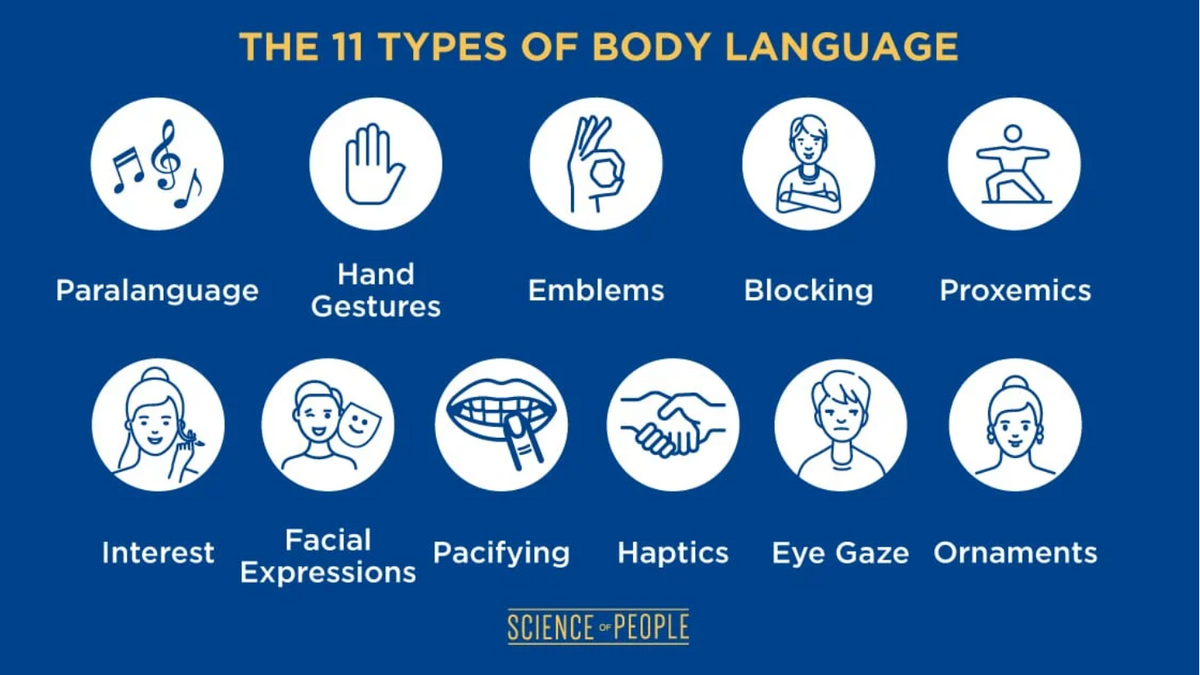
Therefore, communication skills won’t only allow you to express business-related thoughts clearly. They will also contribute to the overall work environment.
This is why Kyruus expects even future engineering managers at the company to utilize their skills in a way that empowers the team. The following image shows an excerpt from an engineering manager job advertisement at the company.

As you can see, engineering managers are expected to create a supportive environment, not only to solve technical problems.
Bear in mind that engineering managers working in remote companies also have to mind their communication practices. Our top tip here would be to over-communicate as much as possible.
In other words, your written communication should always include all relevant details so that there are no misunderstandings. If you want more tips on managing a successful remote team, you can read our article here.
Conclusion
An engineering manager equipped with both technical competence and managerial skills is an invaluable asset to a software development team.
Constantly upgrading your management skills will help you lead your team better, and also bridge the gap between the development and the client.
Now that you know what five skills are crucial for engineering managers, it’s time to work on yours so that you can help your team stay on top of their game.




